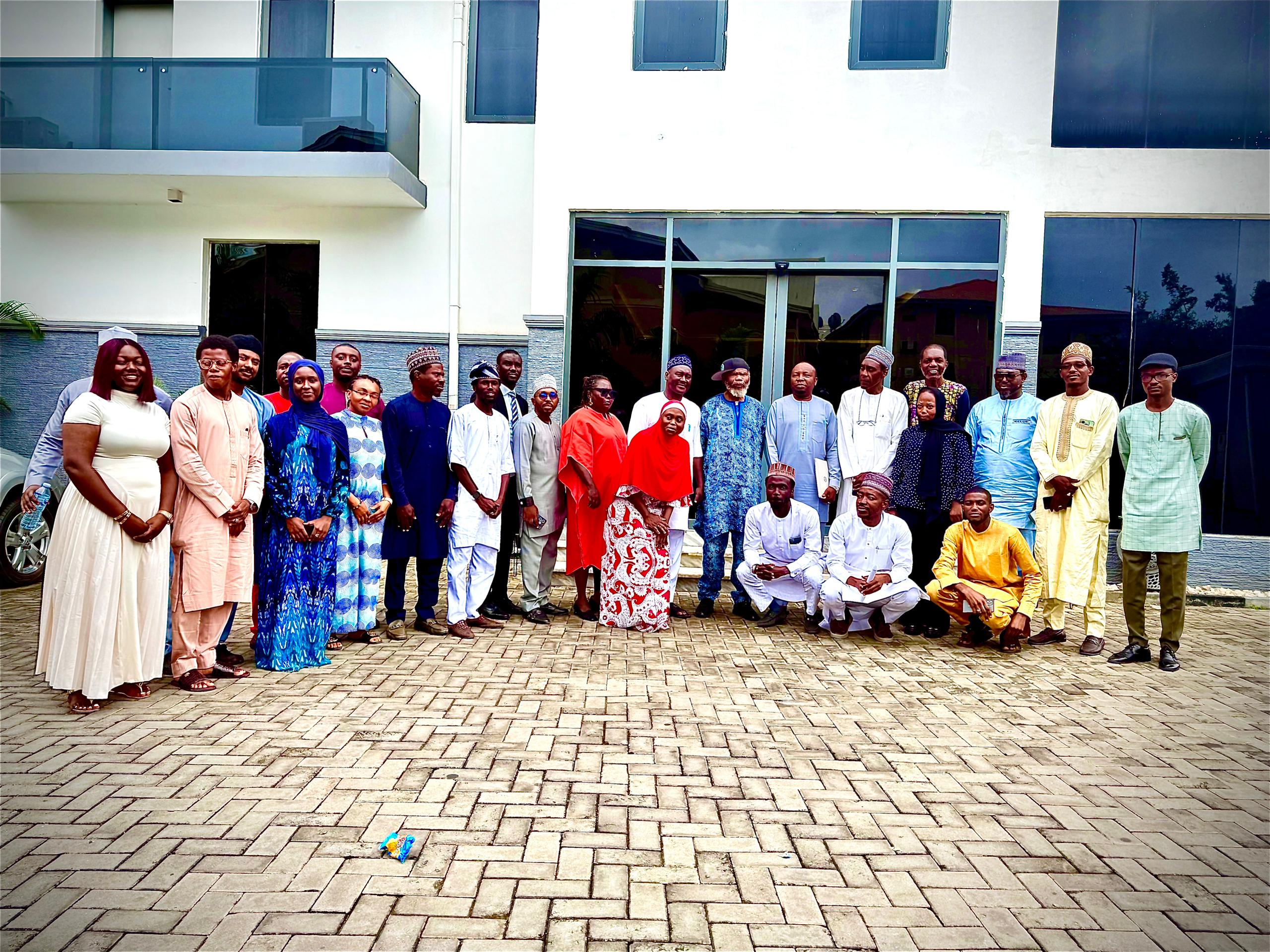By Perpetua Onuegbu
The Civil Society Legislative Advocacy Centre (CISLAC) has called for the repositioning of traditional institutions and the restoration of local government autonomy to promote development at the grassroots.
CISLAC Executive Director, Mr Auwal Rafsanjani, made the call at a stakeholders’ roundtable on Thursday in Abuja.
It was themed, “Strengthening Local Government Autonomy and Formalising the Role of Traditional Institutions”.
The event, with the sub-theme “What Next After the Zaria Declaration?”, was organised by CISLAC and the Pan African Strategic and Policy Research Group (PANAFSTRAG).
Rafsanjani said the meeting was driven by a shared concern and collective hope to revitalise local governance and traditional authority for the benefit of communities nationwide.
He identified the absence of a clear governance framework, erosion of fiscal and administrative autonomy, and lack of transparency as major challenges weakening local government.
“Our communities have been left vulnerable, underserved, and underrepresented. Traditional institutions, once vital to community cohesion, now struggle without legal backing, clarity of roles, or adequate resources,” he said.
Rafsanjani noted that the weakening of traditional authority had contributed to rising criminality.
“If we are serious about tackling poverty, insecurity, exclusion, and inequality, we must start from the grassroots by dismantling elite capture and reviving local governments as engines of development and service delivery,” he added.
Executive Director of PANAFSTRAG, retired Gen. Olasehinde Williams, said Nigeria’s constitutional gaps must be addressed to strengthen local governance.
He urged the Federal Government to stop taking on the roles of state and local governments, stressing that sustainable development must begin at the grassroots.
Williams criticised the practice of state governments paying traditional rulers, saying it made them loyal to politicians rather than their communities.
Director of Democracy and Governance at the National Institute for Legislative and Democratic Studies, Dr Chris Ngara, said citizens must demand implementation of existing court rulings on local government autonomy.
“Each of us belongs to a local government. If we all remain passive, this trend will continue,” he said.
Head of Local Government and Development Studies at Ahmadu Bello University, Zaria, Dr Umar Dahiru, stressed the need for political, financial, and administrative independence for local governments.
He accused some state governments of using State Independent Electoral Commissions to install cronies who help siphon funds meant for local councils.
Dahiru called for full implementation of the Supreme Court judgement granting absolute autonomy to local governments. (NAN)(www.nannews.ng)
Edited by Tosin Kolade











